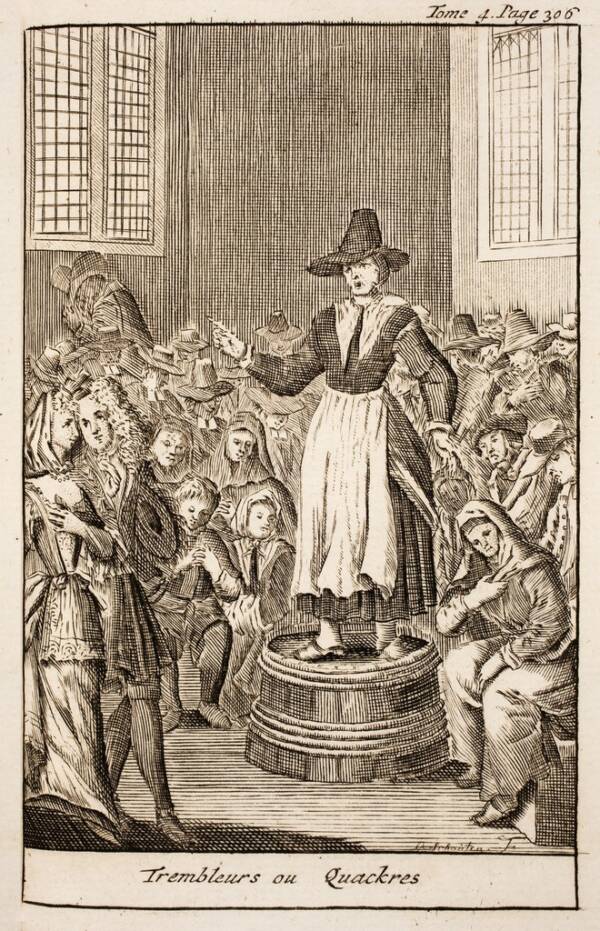

Paul Moyer's book is a bit heavy (footnotes and references) and may be dense for many casual readers, but it is an excellent text for anyone interested in extensively researched history. Jemimah Wilkinson is NOT fictional as they are indeed very real, but the character appears in the other and I was fascinated to find that they were a true historical individual. I came across this book, the Character anyway, through another work of historical fiction "Genesee Fever". The Public Universal Friend is an elegantly written and comprehensive history of an important and too little known figure in the spiritual landscape of early America. The life of the Public Universal Friend and the Friend’s church offer important insights about changes to religious life, gender, and society during this formative period. The prophet’s ministry spanned the American Revolution and shaped the nation’s religious landscape during the unquiet interlude between the first and second Great Awakenings. After Wilkinson’s "second" and final death in 1819, the Society rapidly fell into decline and, by the mid-nineteenth century, ceased to exist. Disputes from within and without dogged the sect, and many disciples drifted away or turned against the Friend. Even this remote spot did not provide a safe haven for Wilkinson and her followers as they awaited the Millennium. Wilkinson preached widely in southern New England and Pennsylvania, attracted hundreds of devoted followers, formed them into a religious sect, and, by the late 1780s, had led her converts to the backcountry of the newly formed United States, where they established a religious community near present-day Penn Yan, New York. Wilkinson’s message was a simple one: humankind stood on the brink of the Apocalypse, but salvation was available to all who accepted God’s grace and the authority of his prophet: the Public Universal Friend.

Moyer tells the story of Wilkinson and her remarkable church, the Society of Universal Friends. Born in 1752 and raised in a Quaker household in Cumberland, Rhode Island, Wilkinson began her ministry dramatically in 1776 when, in the midst of an illness, she announced her own death and reincarnation as the Public Universal Friend, a heaven-sent prophet who was neither female nor male.

Among the most influential and controversial of these figures was Jemima Wilkinson. Amid political innovation and social transformation, Revolutionary America was also fertile ground for religious upheaval, as self-proclaimed visionaries and prophets established new religious sects throughout the emerging nation.


 0 kommentar(er)
0 kommentar(er)
